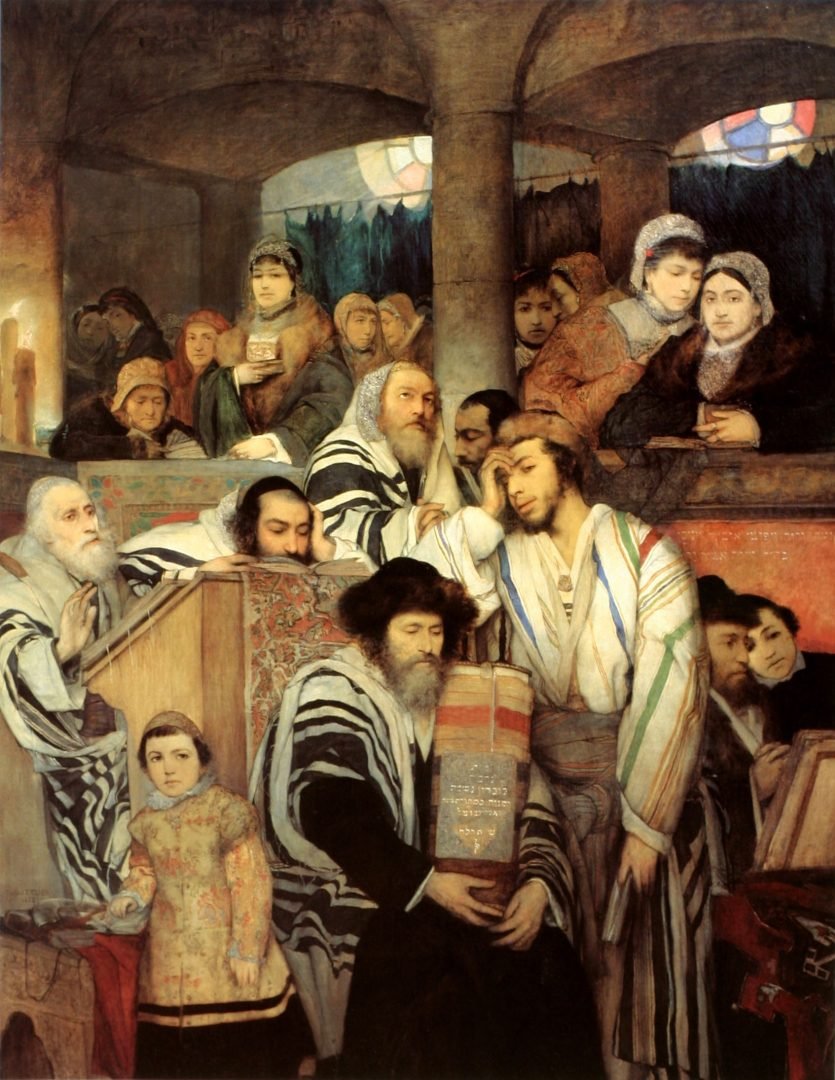What happens when Yom Kippur abuts the Sabbath? One year in seven, Yom Kippur falls on the day before the weekly Sabbath (preparation day). There are some special things to watch for in such years, so we can obey Yahweh’s laws, and still have hot, fresh food for our family on the Sabbath following Yom Kippur.
First the basics. As we explain in The Torah Calendar, the Sabbath falls on the seventh day of the week.
B’reisheet (Genesis) 2:1-3
1 Thus the heavens and the earth, and all the host of them, were finished.
2 And on the seventh day Elohim ended His work which He had done, and He rested on the seventh day from all His work which He had done.
3 Then Elohim blessed the seventh day and sanctified it, because in it He rested from all His work which Elohim had created and made.
Yahweh wants us to prepare our food on the day prior to the Sabbath (i.e., on the sixth day of the week).
Shemote (Exodus) 16:22-26
22 And so it was, on the sixth day, that they gathered twice as much bread, two omers for each one. And all the rulers of the congregation came and told Moshe.
23 Then he said to them, “This is what Yahweh has said: ‘Tomorrow is a Sabbath rest, a set-apart Sabbath to Yahweh. Bake what you will bake today, and boil what you will boil; and lay up for yourselves all that remains, to be kept until morning.'”
24 So they laid it up till morning, as Moshe commanded; and it did not stink, nor were there any worms in it.
25 Then Moshe said, “Eat that today, for today is a Sabbath to Yahweh; today you will not find it in the field.
26 Six days you shall gather it, but on the seventh day, the Sabbath, there will be none.”
However, when Yom Kippur (or any feast) falls on the preparation day, we must do our shopping a day earlier (on the fifth day). However, Yahweh still wants us to have fresh food on the feasts. Leviticus 7 says that at the most He will accept an offering that is two days old.
Vayiqra (Leviticus) 7:15-18
15 “’The flesh of the sacrifice of his peace offering for thanksgiving shall be eaten the same day it is offered. He shall not leave any of it until morning.
16 But if the sacrifice of his offering is a vow or a voluntary offering, it shall be eaten the same day that he offers his sacrifice; but on the next day the remainder of it also may be eaten;
17 the remainder of the flesh of the sacrifice on the third day must be burned with fire.
18 And if any of the flesh of the sacrifice of his peace offering is eaten at all on the third day, it shall not be accepted, nor shall it be imputed to him; it shall be an abomination to him who offers it, and the person who eats of it shall bear guilt.’”
If we cannot cook on the Shabbat, and we cannot cook or buy on the day before, then what we can do is to buy our food on the fifth day (Thursday), and prepare some kind of crock-pot dish in advance. We can also buy food that just needs to be heated, or opened, or uncovered. With a little planning we can still have fresh cooked food.
Some argue that with modern refrigeration, the two day limit is no longer relevant. However, that kind of misses the point. Eating is a tie that binds. It is something that members of a family, friends, and fellows do. If we want to form genuine family ties, then let us bring our brothers our best.




